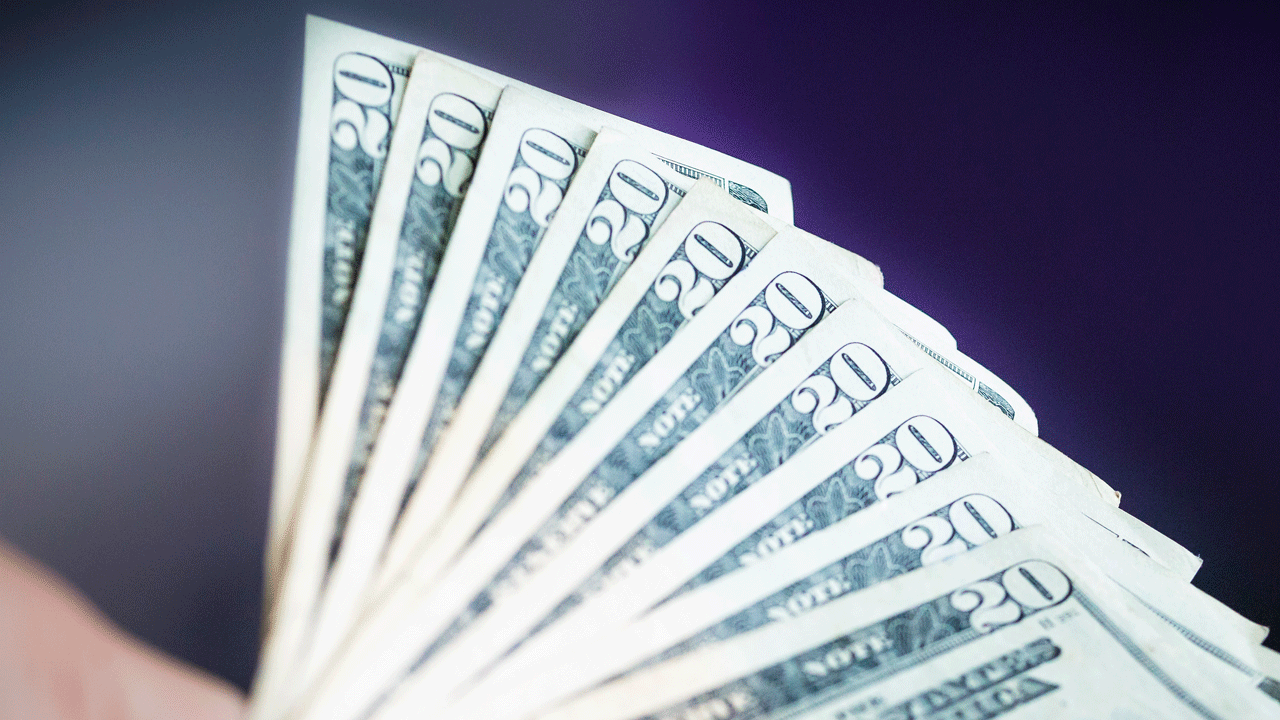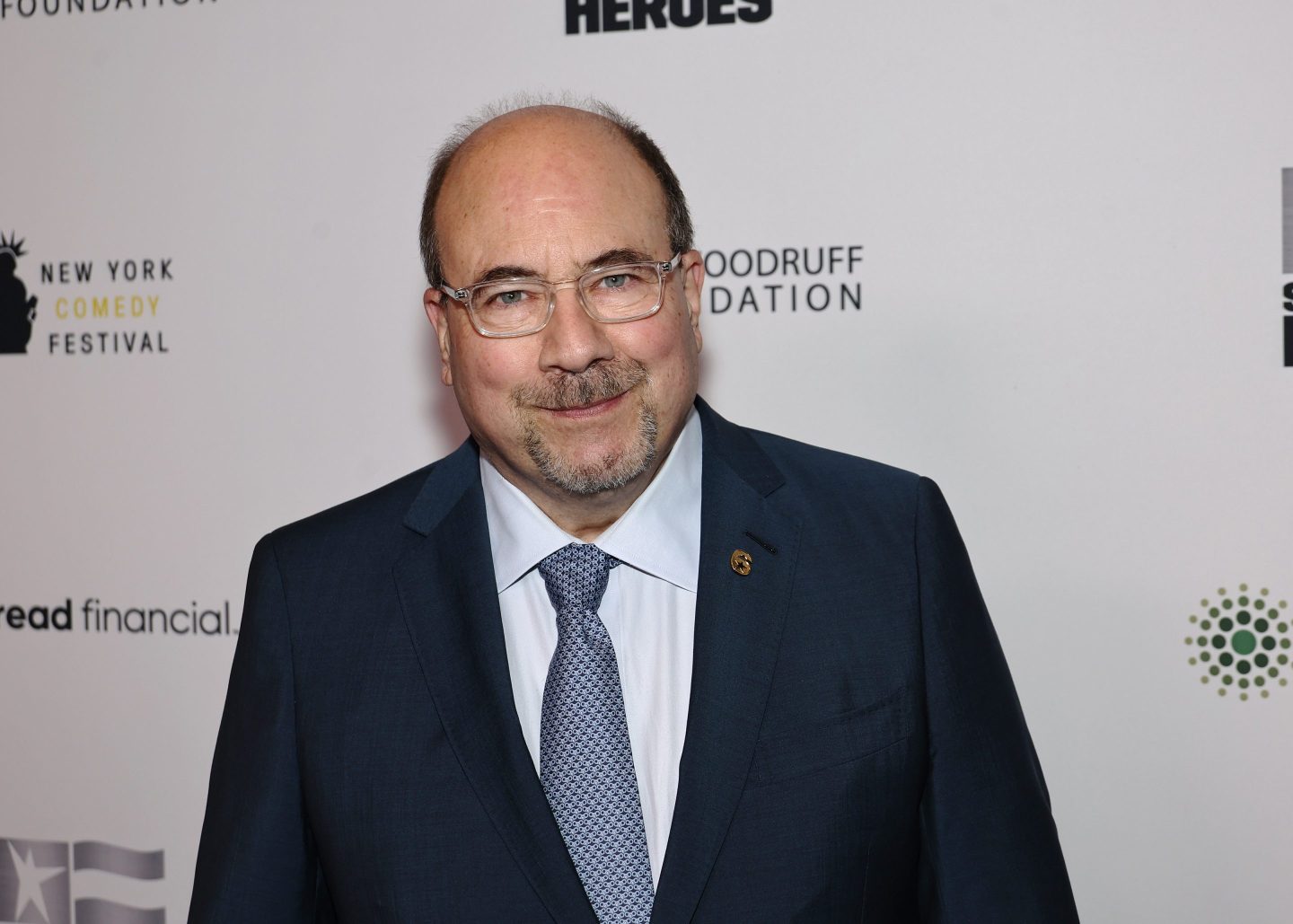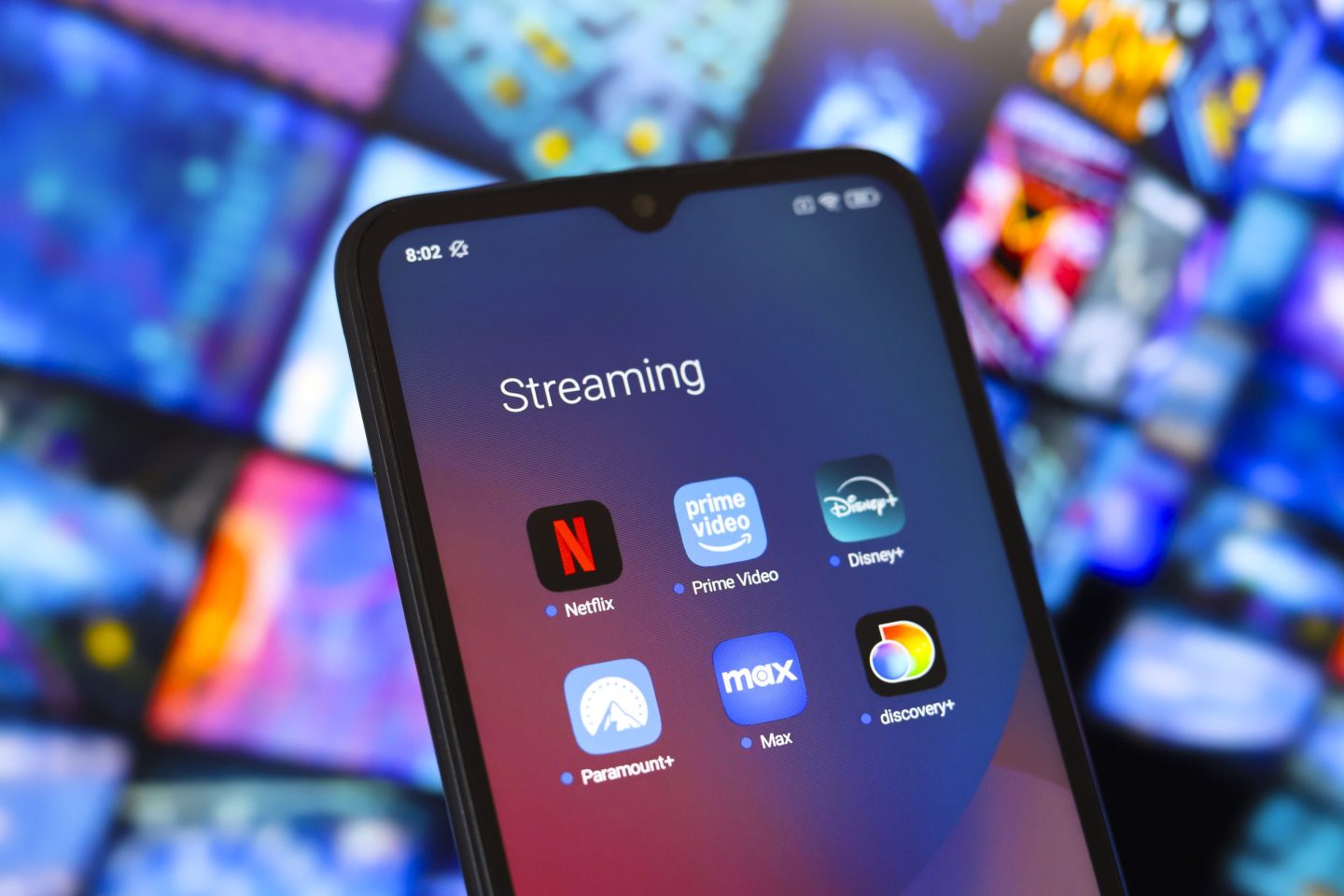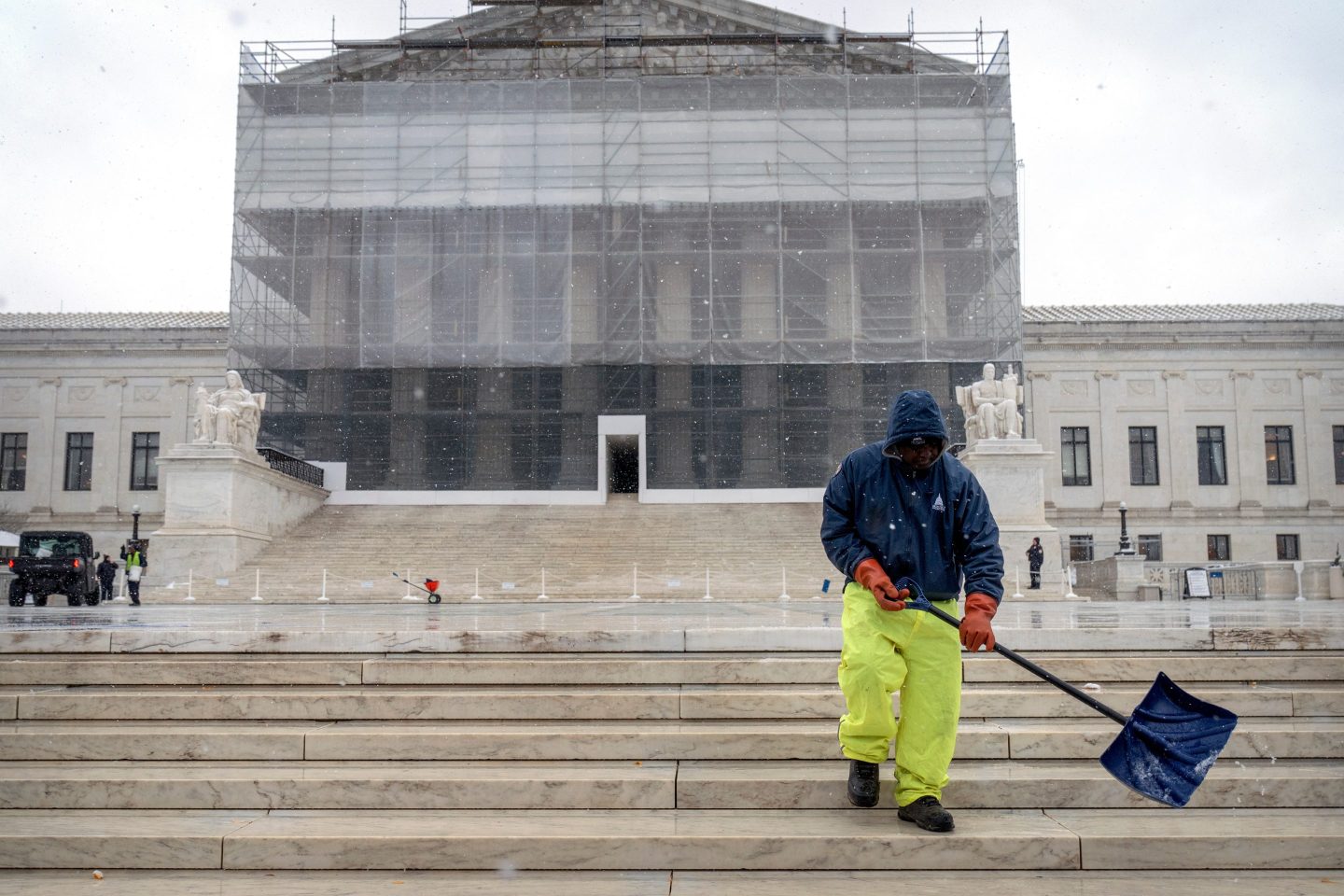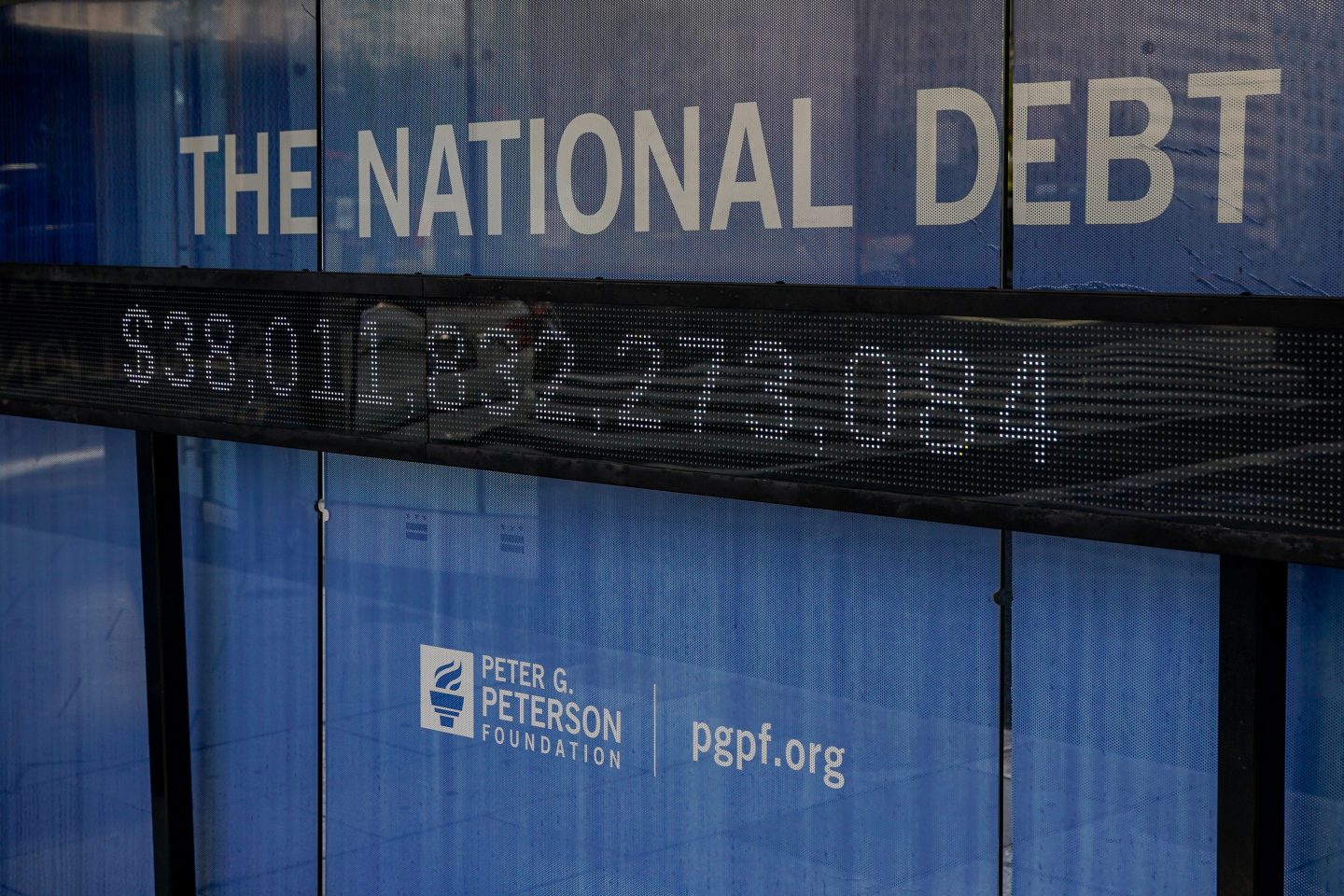Phone giant AT&T got caught padding consumers’ bills with unwanted services such as ringtones and special text messages, leading to a settlement in 2014 with the Federal Trade Commission. Starting today, the company will begin paying out the money—$31 per customer on average.
According to the FTC, AT&T will credit consumers’ phone bills and, in the case of 300,000 former customers, will start sending out checks. The agency said in a blog post that over 2.7 million people are due to collect a total of $88 million.
The payments relate to a scheme known as “cramming” in which AT&T added charges of up to $9.99 per month—without customer consent, in many cases—for extra services like “wallpaper” for their phone screens.
The FTC did not provide a way for customers to see whether they are among those who will get a refund, but it did provide a phone number for consumers to obtain additional information.
Get Data Sheet, Fortune’s technology newsletter.
The payouts came after AT&T and the FTC reached a record $105 million settlement in 2014. AT&T will pay around $88 million of that to consumers with the rest of the money going to state and federal fines.
“AT&T received a high volume of complaints related to mobile cramming prior to the FTC and other federal and state agencies stepping in on consumers’ behalf,” FTC Chairwoman Edith Ramirez said in a statement. “I am pleased that consumers are now being refunded their money and that AT&T has changed its mobile billing practices.”
The cramming scheme, which can also involve charges for things like horoscope messages, is not unique to AT&T. In recent years, the Federal Communications Commission has also reached big settlements with the other three major phone carriers—Verizon, Sprint and T-Mobile—over the practice.
AT&T, meanwhile, remains busy with regulators on another front as it seeks to win approval for its proposed $85 million merger with Time Warner.
